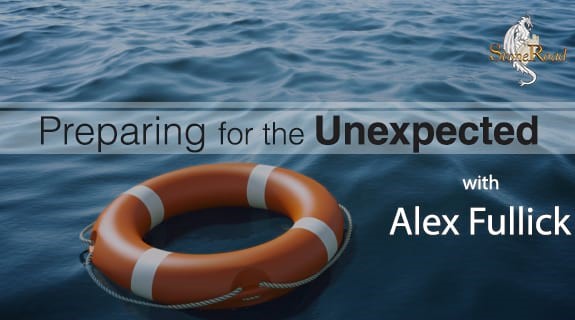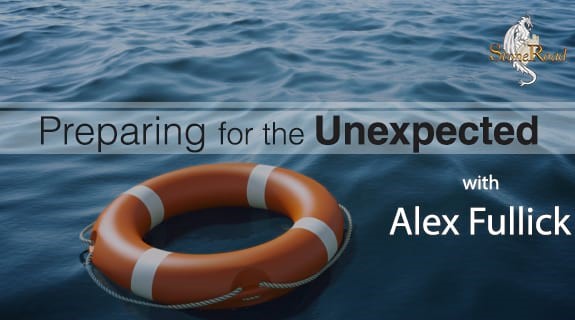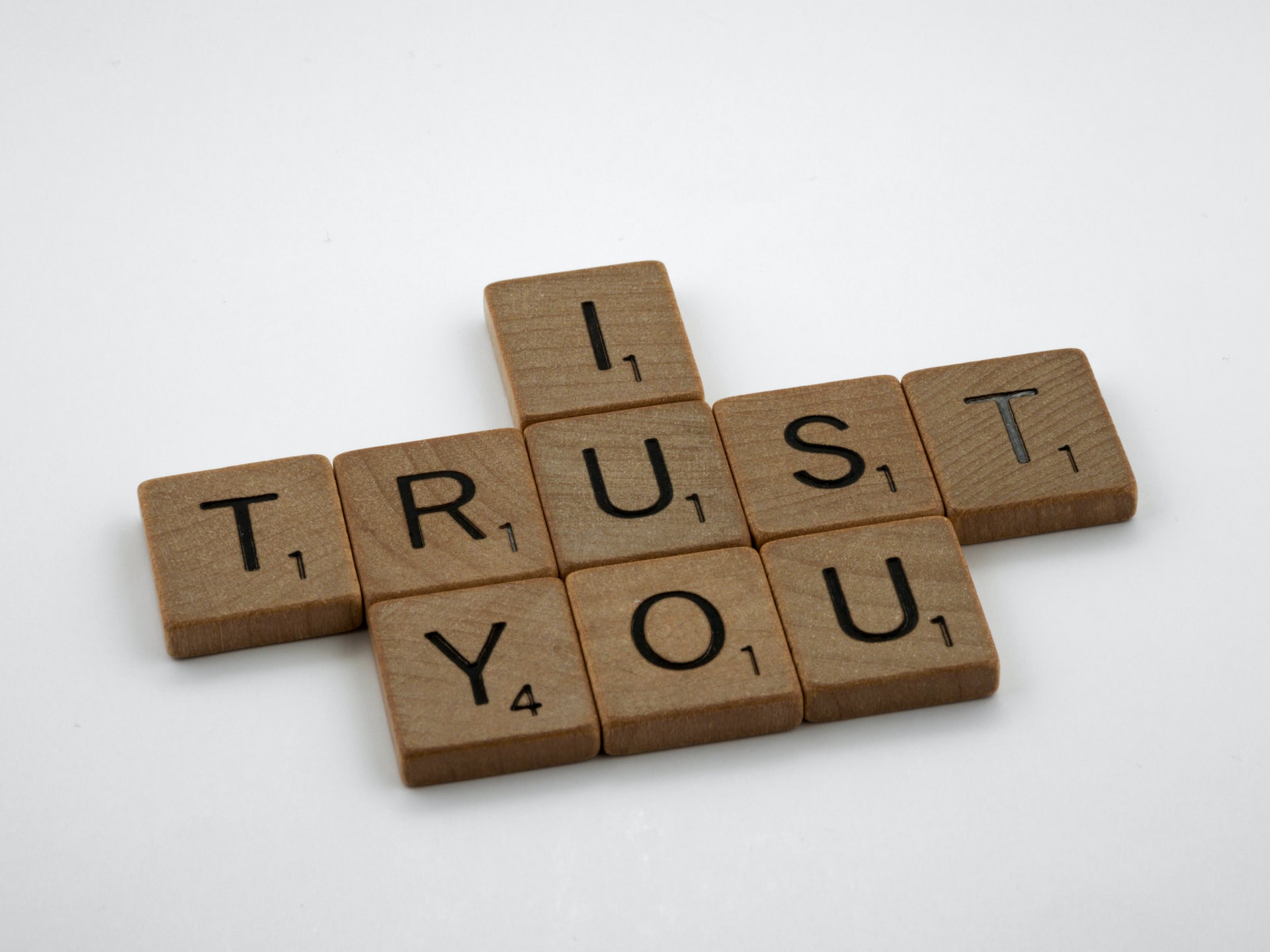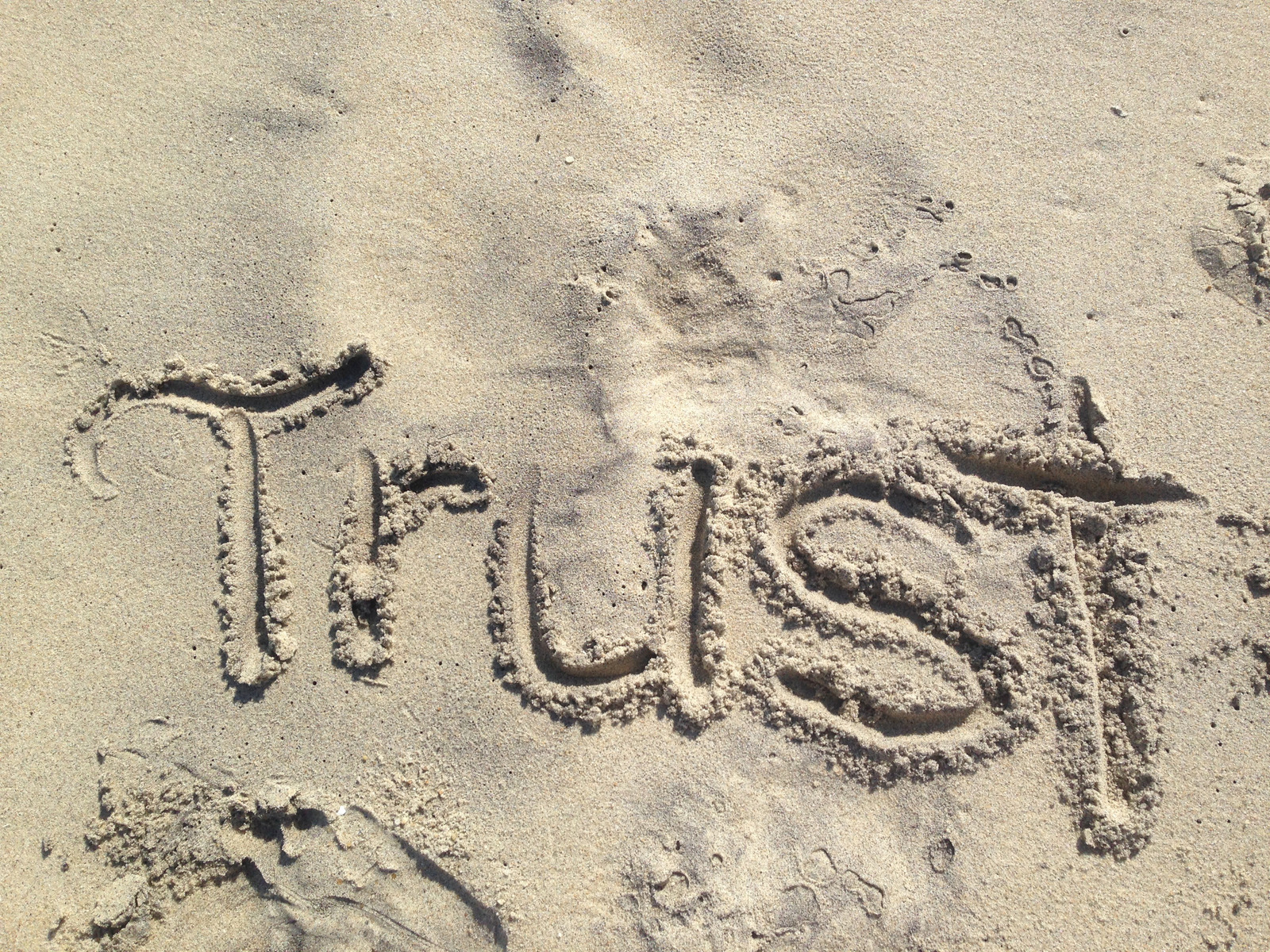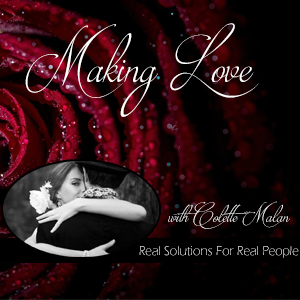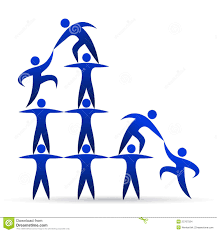The Importance of the WHY: Building Trust and Acceptance
When speaking to Nora Miller, President of Mississippi University for Women, on my...
Read Moreby Stephanie Duguid | Dec 7, 2023 | Empowerment, VoiceAmerica | 0 |
When speaking to Nora Miller, President of Mississippi University for Women, on my...
Read Moreby Alex Fullick | Apr 7, 2023 | Business | 0 |
Join me Thursday, July 6/23 at 1pm EST! I talk with Psychologist, author, and the co-founder of...
Read Moreby VoiceAmerica | Dec 19, 2022 | Business | 0 |
Join me Thursday, February 9/23 at 1pm EST on the VoiceAmerica Business Channel! The workspace is...
Read Moreby VoiceAmerica | Apr 5, 2021 | Business | 0 |
To receive these weekly articles, subscribe here. This blog is provided by Mary Jo Burchard, as...
Read Moreby VoiceAmerica | Oct 6, 2020 | Business | 0 |
To receive the weekly blogs via email, please sign-up here. This blog is provided by Deke...
Read Moreby VoiceAmerica | Jun 22, 2020 | Business | 0 |
To receive the weekly blogs via email, please sign-up here. This blog is provided by Mark Given,...
Read Moreby VoiceAmerica | Sep 9, 2017 | Health & Wellness | 0 |
Who do you trust? Does the mere thought of trusting someone, even yourself, strike fear in your...
Read Moreby VoiceAmerica | Jun 8, 2017 | Variety | 0 |
Making Love Radio with Colette Malan is excited to announce that we will be featuring best-selling author Michele Weiner-Davis with her new book: Healing from Infidelity.
Read Moreby VoiceAmerica | Sep 26, 2016 | Empowerment, Kids | 0 |
âDo not trust the horse, Trojans! Whatever that is, I fear the Greeks, even when bearing...
Read Moreby VoiceAmerica | Jan 15, 2016 | Business | 0 |
How do you build high performing teams? Â How do you build trust? Â How can you become corporate...
Read Moreby VoiceAmerica | Jul 13, 2015 | 7th Wave | 0 |
7/15/15 – Fear and Trust We have all been raised in cultures that were and are based in...
Read Moreby VoiceAmerica | Sep 27, 2014 | Empowerment | 0 |
Pleasure? Orgasm? Joy? If you experienced childhood sexual abuse, these words may seem foreign....
Read More


